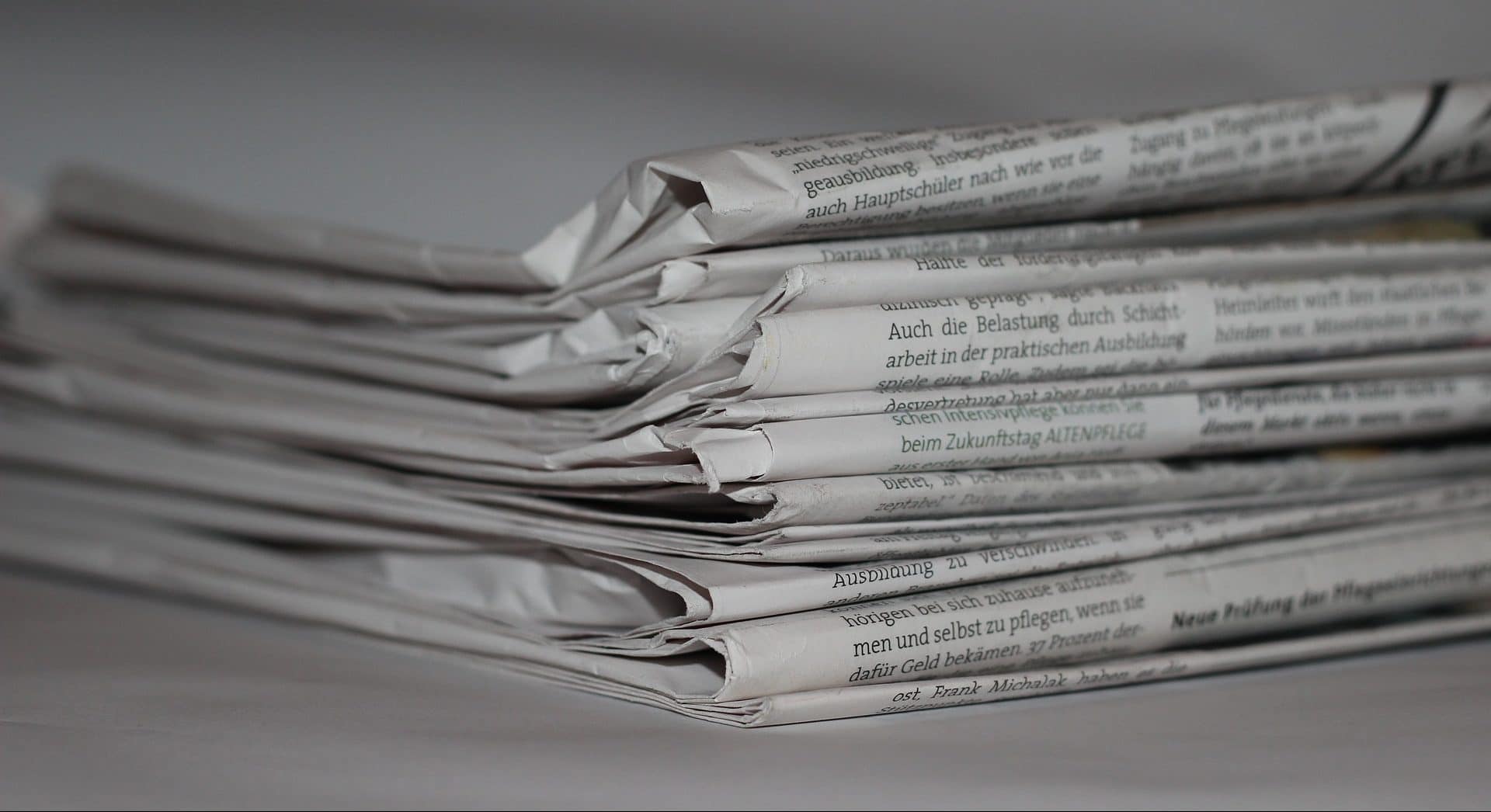While 2009 was a challenging year for the incentives industry, it is expected by many marketers to remain a multi-billion dollar business that plays a vital role in customer motivation, engagement, productivity and profitability, according to a Pulse survey by the Incentive Research Foundation.
The 'Incentive Industry Trends 2010' survey identified several indications of slightly better times ahead which, while the industry may not be quite ready to feel fully confident, suggests a brightening outlook as marketers plan more incentive programmes for the near term.
"'Cautiously optimistic' is the term I would use to describe the overall message of the data from the survey," said Mark Peterman, chairman for the IRF Research Committee. "We feel that many companies may have been sitting on marketing budgets, waiting to see how things were going to play out and whether or not there was going to be more pushback from the media and community regarding incentives."
Key findings with regard to incentive travel programmes included:
- Respondents appeared to be optimistic and considered the recovering economy as having a positive impact on their ability to plan and implement incentive travel programmes, when compared with pulse survey results from July and March 2009 (33% versus 24% and 11%, respectively);
- 44% anticipated no change with regards to incentive travel programme destinations during the coming year, while 47% anticipated a switch from international to domestic destinations;
- 41% anticipated no change with regard to sponsored non-meal-related components for incentive travel programmes during the coming year, while 7% indicated that sponsored non-meal-related components would moderately increase;
- A combined 16% of respondents indicated that they expected budgets for incentive travel programmes to increase during the coming year, while 30% said they expected budgets to remain unchanged;
- While 36% of respondents anticipated no change with regard to the involvement of procurement and purchasing for incentive travel programmes during the coming year, 56% agreed that their involvement would increase by some degree.
Key findings with regard to merchandise and non-cash incentive programmes included:
- 32% of respondents said that budgets for merchandise and non-cash incentive programmes would increase (either moderately or slightly), while 34% anticipated that budgets would remain unchanged;
- Planners generally pointed to the economic downturn as having a negative impact on their ability to plan and implement merchandise and non-cash incentive programmes. However, while 34% reported a negative impact, this was an improvement over the almost 50% reporting a negative impact one year before (in October 2008);
- When asked "What changes, if any, will be made in the coming year with regard to award selections?", some 27% of respondents said they would include individual travel as an option, while 22% indicated that the use of debit/gift cards would be increased, and 18% said they would add merchandise. It should, however, be noted that 30% indicated that there will be a decrease in merchandise award value.
|
More Info: |




